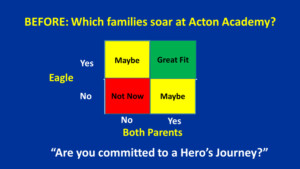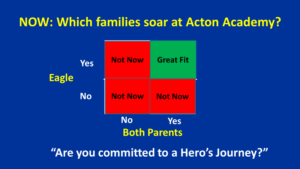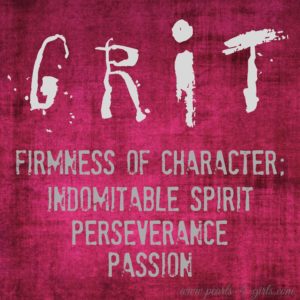
No parent enjoys watching a child suffer. Most parents are uncomfortable if a struggles or is unhappy. Some parents feel every mistake made by their child means parental inadequacy.
So the following advice from veteran Acton Academy parents may be hard to take: When your child is struggling: Celebrate!
Celebrate? Yes, celebrate. Because if your child is failing early, cheaply and often, she is becoming more independent. She is learning how to survive and succeed in the real world, in a community where it is safe to learn from mistakes and grow. She is developing GRIT.
If celebrating is too difficult for you, practice doing nothing. Let natural consequences teach valuable lessons.
If doing nothing seems a dereliction of your parenting duties, then provide empathy: “Gee, that sounds hard.” Perhaps add growth mindset encouragement: “I see you are trying hard. I would call that ‘grit.’” Finally, send them back into the game with an affirmation: “I trust you can figure this out. I’ll look forward to hearing what you decided to do.”
If apathy sets in with your Eagle, you may need to provide some boundaries and consequences at home. Perhaps even offer a far less attractive alternative to Acton Academy to increase the stakes.
Anything enabling beyond this is likely to do long term harm. Our job is to prepare our young heroes to change the world. Not to prevent struggle or unhappiness.
Setbacks that aren’t permanently damaging encourage grit, courage and perseverance. Again, our job is to prepare our young heroes to overcome challenges and soar, not to remove all obstacles to make life easy, or to be a best friend.
The Costs of Under or Over Parenting
We celebrate our Acton Academy parents who care enough to move counter-culturally and know that failing to set boundaries; focusing on short term happiness or ceding critical parenting responsibilities to schools in return for glowing report cards and cheap trophies has a cost. All you have to do is consider the statistics:
- The average nine-year-old spends an average of 50 stupefying hours per week in front of a video screen.
- Constant snacking has replaced family meals, leading to a 500% increase in child obesity in a single generation.
- Americans medicate disruptive teenage behaviors 17 times more than parents in Great Britain, instead of holding young people responsible for their actions.
The most troubling result isn’t that children are poorly prepared academically, even though it’s true America’s ranking on international standardized tests is plummeting. The most troubling result is the loss of self-control, conscientious, civility and character that are the bedrock for a satisfying and fulfilling life at age 30 and beyond.
Below is specific advice from veteran Acton Academy Guides and parents:
1. What should I do as a parent if my Eagle has an issue in the studio?
Great question. Our goal is to arm Eagles to solve their own problems. So:
- Ask your Eagle for permission to become involved before you do anything.
- Resist the temptation to email a Guide unless there is a threat of serious, immediate harm. Guides are not allowed respond directly to parent emails or texts, but to follow a process that equips the Eagle to solve his or her own problem.
- Ask your Eagle whether she should approach a Guide or Council with the issue and help her frame the issue in a positive light.
- If the issue remains unresolved, ask your Eagle to write an email to Council and copy Guides, expressing his frustration and a proposed remedy.
- If the issue is a personal one between Eagles, ask your Eagle to call for a Conflict Resolution session, by email to Council with Guides copied.
- If the issue is serious and remains unresolved, an Eagle may call for everyone involved to meet to address the issue, and parents are welcome to observe but not participate. We’ve found requiring everyone to be in the same room discourages mixed messages and triangulation, and often deescalates issues.
2. What if I’m worried about how my Eagle is progressing academically?
Our Tracker system allows you to view the work your Eagle produces. Reviewing Weekly Points, Badges earned versus plan and Eagle Bucks asked/versus requested (or 360 Coaching Reviews) will give you a far more accurate picture of progress than a report card or standardized test.
If our Eagle seems to be struggling, as parents we offer encouragement as well as asking the following questions and seeking verification:
- Are you doing 45 minutes of Khan Academy each and every day? Are you watching the videos?
- Do you have a Deep Book and are you reading at least 45 minutes each day?
- Are you doing every challenge for the Genre (writing) prompts?
- Are you doing every Civilization challenge?
- Are you guarding against distractions and avoiding being asked for Eagle Bucks?
Quests are like dessert. If your Eagle is struggling, verify that the required effort is being put into Core Skills first; then ask about Quests.
3. What if my Eagle says she just can’t learn from Khan Academy?
Many parents worry that without a teacher it’s impossible to “learn math.” We’ve found just the opposite: Khan Academy is a powerful tool and requires users to learn to think critically from a number of perspectives and master a broad set of mathematical approaches.
In contrast, many traditional math teachers simply ask students to repeat a limited number of simple algorithms as homework. And despite what we might hope, seldom do traditional schools deliver powerful theoretical insights.
Eagles who have a hard time with Khan Academy typically struggle because they do not do the work or refuse to watch the videos. It is likely they would find the lectures of most traditional math teachers even more boring.
If your Eagle is struggling, start by making sure she is spending 45 minutes a day, every day on Khan. Encourage her to watch the videos, every time, and only afterwards to seek Socratic help in the studios. We’ve also found as parents that sitting beside an Eagle who is doing Khan provides encouragement.
4. What if my Eagle simply refuses to work hard?
This is a difficult question, because human motivation remains one of the great unsolved mysteries.
Our studio systems, modeled after companies like Google, are designed to reward effort, excellent work and leadership with more freedom. For those struggling, increasingly higher amounts of effort and goodwill to remain in the studio. We even offer ways to provide grace and a chance to start over.
When we still see motivation issues as parents, the three most likely suspects are:
- Distraction: Is your Eagle, like most, drawn into social media, games, web surfing or other types of cheap distraction? If so, as a parent, you may need to strictly limit access to these distractions. While extrinsic rewards have their limits, some parents have found tying electronic access to Weekly Points will increase motivation. When in this situation, we often ask ourselves if we are fiddling with our own Iphones instead of paying enough attention to those around us.
- Resistance: Sometimes it just takes courage to take the first step. Encouragement and modeling are a powerful tool here, and we would highly recommend The War of Art by Stephen Pressfield, perhaps even listening to it on the way to school for older Eagles (there is a bit of racy language, but only in a few places.) We often ask ourselves when we see resistance in our Eagles, when is the last time we took a difficult and courageous first step in front of our family?
- The Victim: Often Eagles gain attention and solace by playing the part of the victim, and almost all families have some form of the Dreaded Drama Triangle. We highly recommend listening to the book as a family or watching the videos, and committing to use the language of empowerment instead. At the very least, while being empathetic we refuse to allow our Eagles to blame others or circumstances. If you were born in America and attend Acton Academy, the lament that “life is unfair” rings hollow. When the Victim is the issue, we ask if we are modeling negative or blaming language ourselves, or playing the part of a Rescuer or a Persecutor.
5. Why can’t you force my Eagle to ____________ ?
Many of us wish our Eagle would spend more time on handwriting or spelling or Math, and when he doesn’t, long for a learning community or school to require the behavior.
Unfortunately, learning doesn’t work this way. Someone has to want to learn, if deep learning is to occur.
We’ve found that Growth Mindset language and praise – and most of all patience – work better than criticism. We also have systems at Acton Academy to reward hard work and growth by rewarding effort (Weekly Points), excellent work (Badges) and leadership (360 Coaching Reviews) with more freedom.
6. What if my Eagle is unhappy?
Our promise is to equip and inspire your Eagle to find a calling that will change the world. Struggles and difficulties are part of the journey.
We are encouraged by research showing we all have a natural set point for happiness, and tend to revert to that level no matter what the circumstances – so chasing happiness often is a dead-end journey. Acton Academy focuses on long term satisfaction and fulfillment rather than momentary happiness.
Acton Academy parents have found our Eagles grow most when we comfort them and listen emphatically, but do not try to solve the problem ourselves or allow blame to be cast on others. “I hear you. That must be so hard. I trust you to find a way to solve this on your own and can’t wait to hear how you did it” seem to be the most powerful words we can use as parents.
If your goal is to have a child who is happy all the time, Acton Academy may not be the right place for you.
7. What if my Eagle wants to leave Acton Academy for another school?
Acton isn’t a fit for all young people and families. But often we’ve found that the requirements to do real work, live up to your promises and treat others with kindness and respect can lead to a knee jerk reaction to look for greener (and easier, less accountable) pastures.
When faced with this dilemma, some Acton parents suggest offering an unpleasant alternative: like a difficult after school or summer job requiring manual labor or a transfer to a rougher traditional school environment, to show your Eagle you believe she has what it takes to succeed and do not believe it is wise to always make life easier.
A parent’s job is to prepare children for a fulfilling life in the real world, not to remove all obstacles or be a “best friend.”
8. What if my Eagle is facing a problem that makes me especially anxious?
Our Eagles take extremely difficult situations in stride every day. It’s called life. Most of our hearts would break if we knew the challenges Eagles quietly and bravely overcome.
We’ve found when an event makes us especially anxious – like social anxiety or bullying — is more likely about an unresolved issue we faced in childhood than a problem our Eagle is confronting. However, once an Eagle senses our concern, he or she may consciously or unconsciously return to the topic, because it brings attention and comfort.
If a situation makes you particularly angry or anxious, before lashing out or overreacting, ask: “Is this more about me or my Eagle?”
9. What is my Eagle claims to have been treated unfairly?
Life isn’t fair. Acton Academy’s rules and processes aren’t perfectly fair either, but they are much more just than most communities in the real world.
Our parents have found that the best response to unfairness is to acknowledge the unfairness of the world, and trust and empower your Eagle to do something about it.
10. What if I’m frustrated because I keep emailing Guides and never receive an answer or resolution?
Guides are never allowed to come between an Eagle and her parents. Our job is to let parents parent; let Eagles learn to solve their own problem in a safe environment; and as Guides ensure the guidelines and due process Eagle create are honored.
All emails sent to any one Guide or Owner are immediately copied to all Guides for transparency and to ensure everyone is on the same page. Plus, we keep track of the number of emails we receive from each family. As a yardstick, the average Acton Academy parent sends one or less emails a year about a specific incident regarding an Eagle.
11. What if my Eagle gets a strike or an honor code and has to spend a day at home?
If our Eagle has to go home for a day, this is a powerful opportunity for deep learning. Everyone makes mistakes, including cheating and lying, but when discovered, it gives us a chance to encourage deep introspection.
As parents, we’ve found it far more powerful to reexamine our Family Mission and Plan, look explicitly at facing resistance; remove distractions and disavow the Victim.
Final Words
Acton Academy offers an encouraging environment where Eagles can earn more freedom by assuming more responsibility and grow as they learn from mistakes. While we have a great deal of energy and fun in the studio, learning from real consequences and doing real work can be hard at times.
We’ve found the most successful Acton parents understand that growth requires effort, and occasionally discomfort. So when an Eagle falls, the best a parent can do is help the child back up, give him a hug, and send him back into the arena.
Because it is much easier to learn the most important lessons in life early, at home and at Acton Academy, than to dodge them, only to have to same problems reappear a decade later.
Next post: What do Guides do?



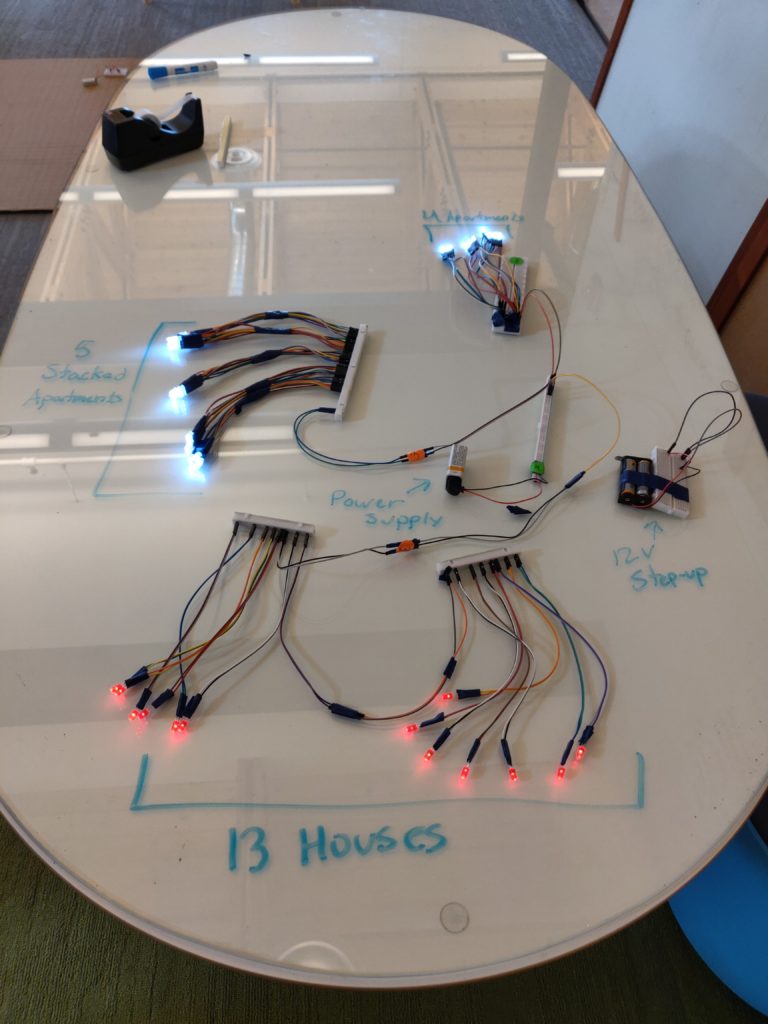
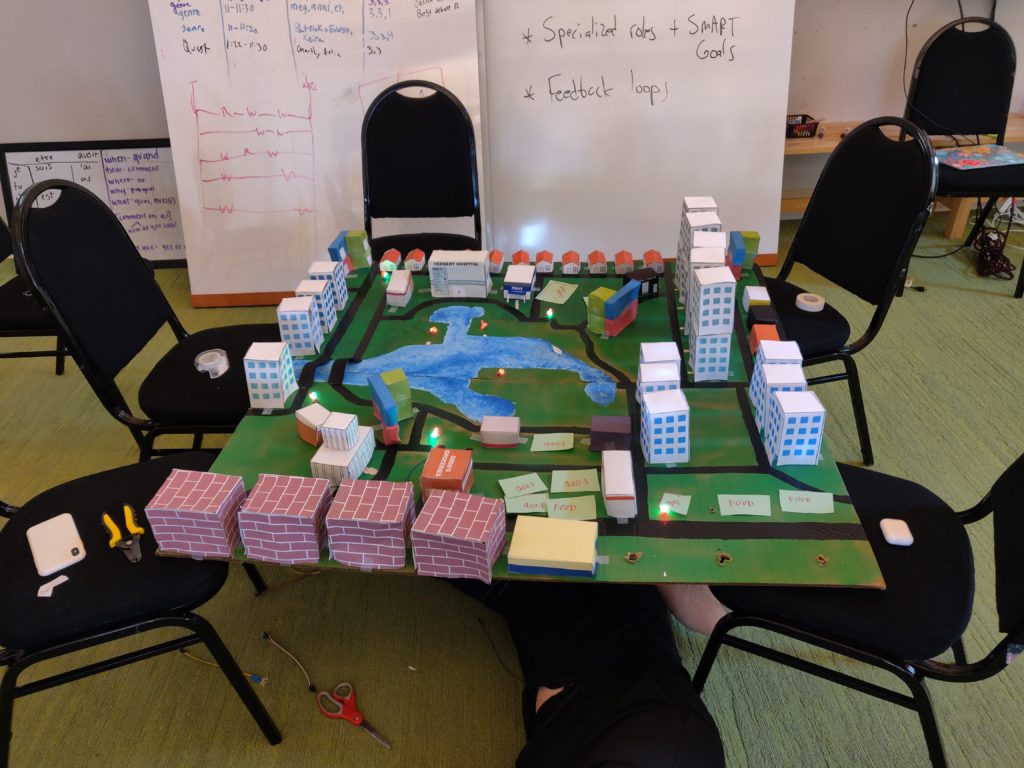
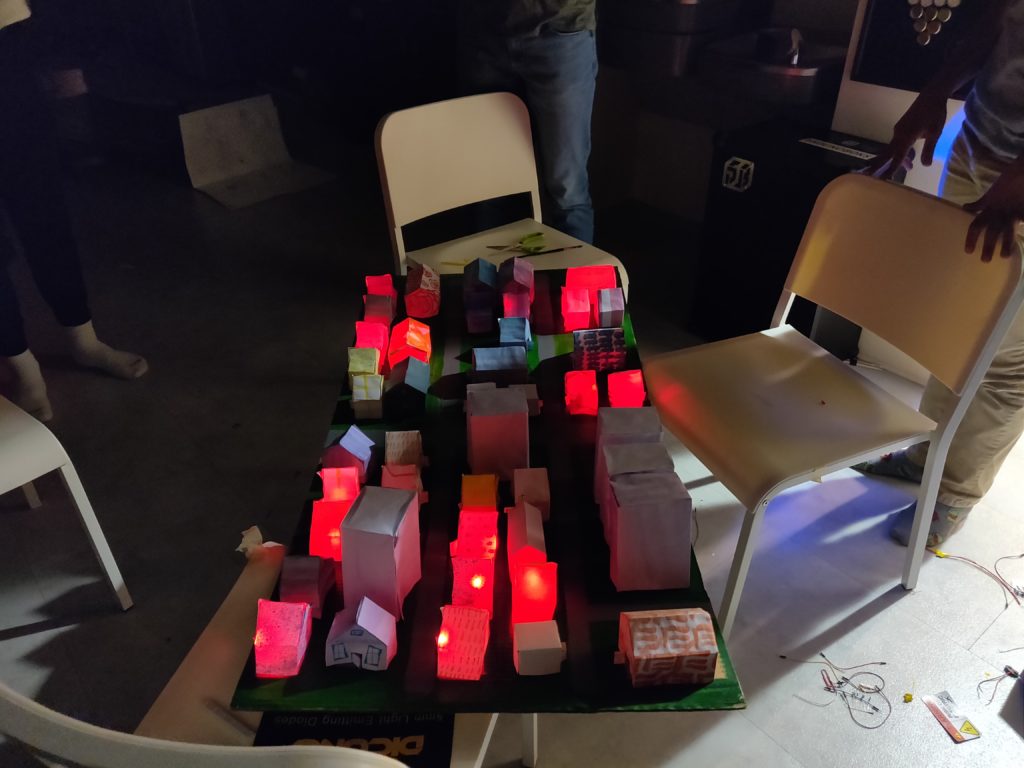




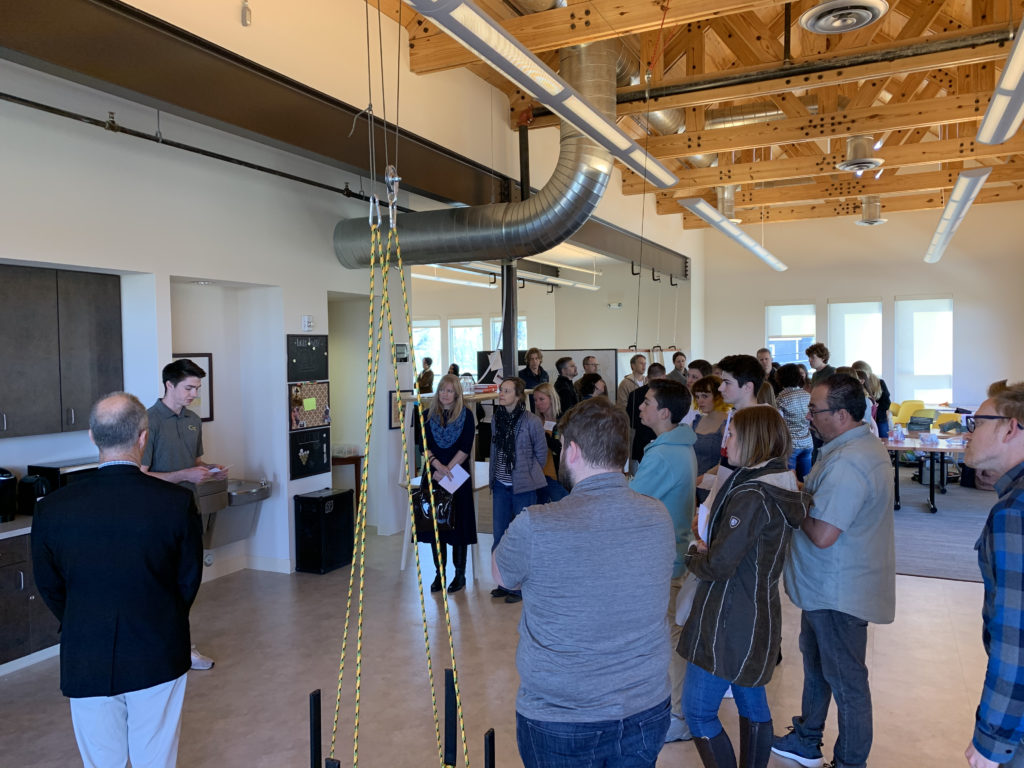
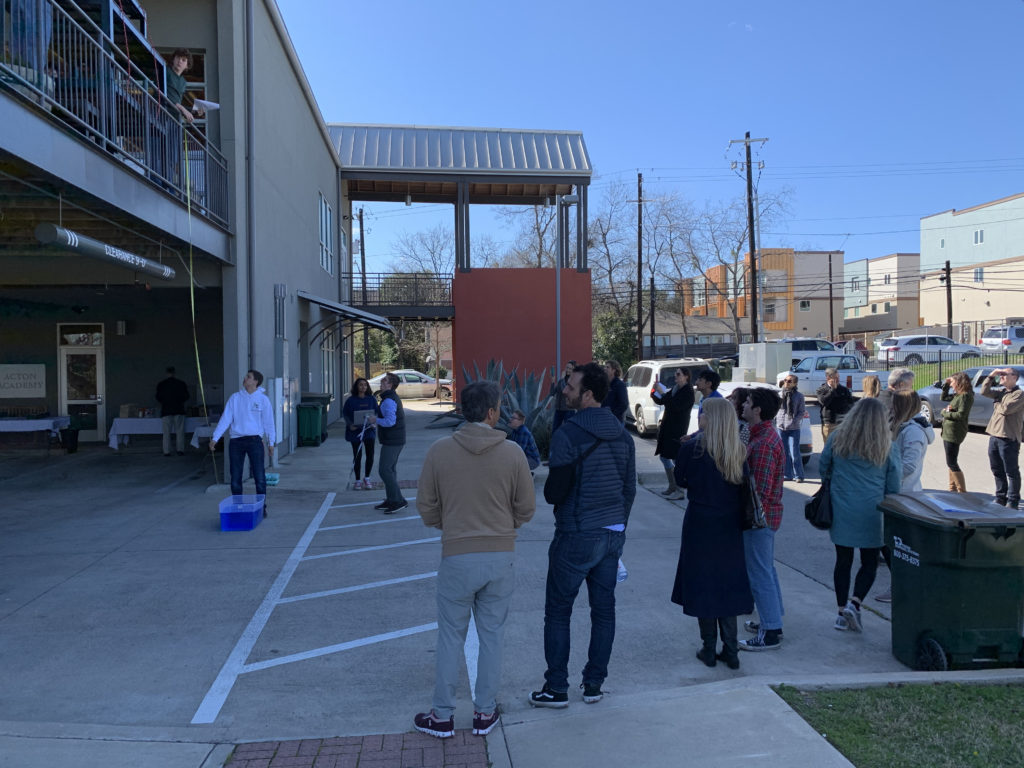
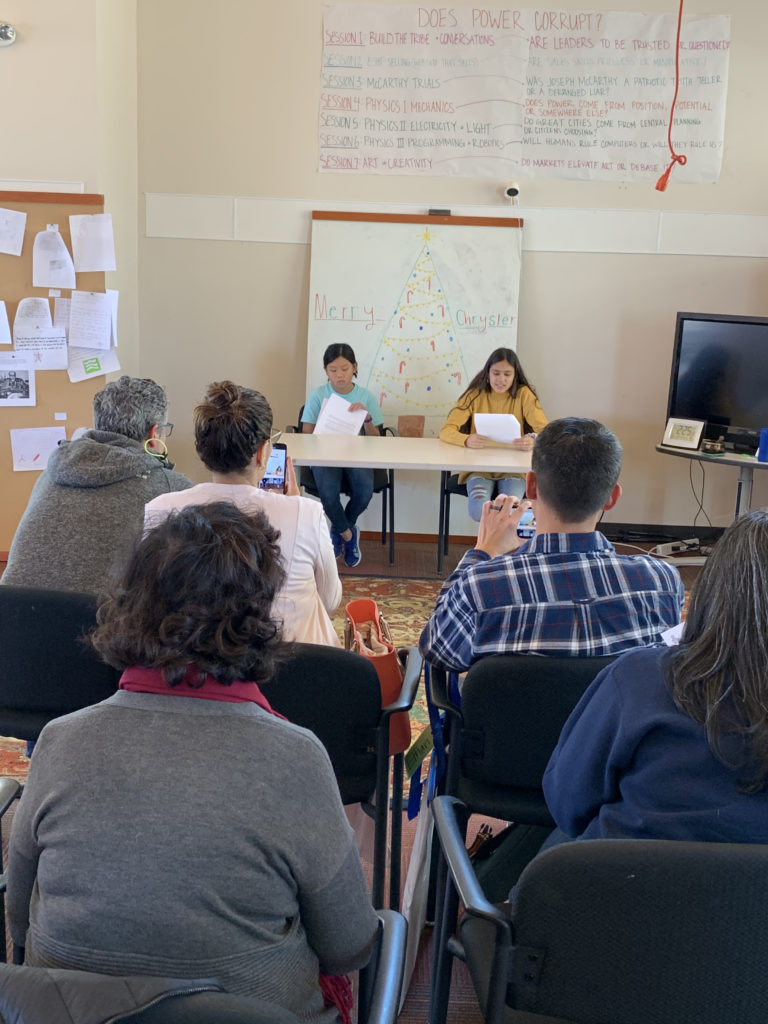
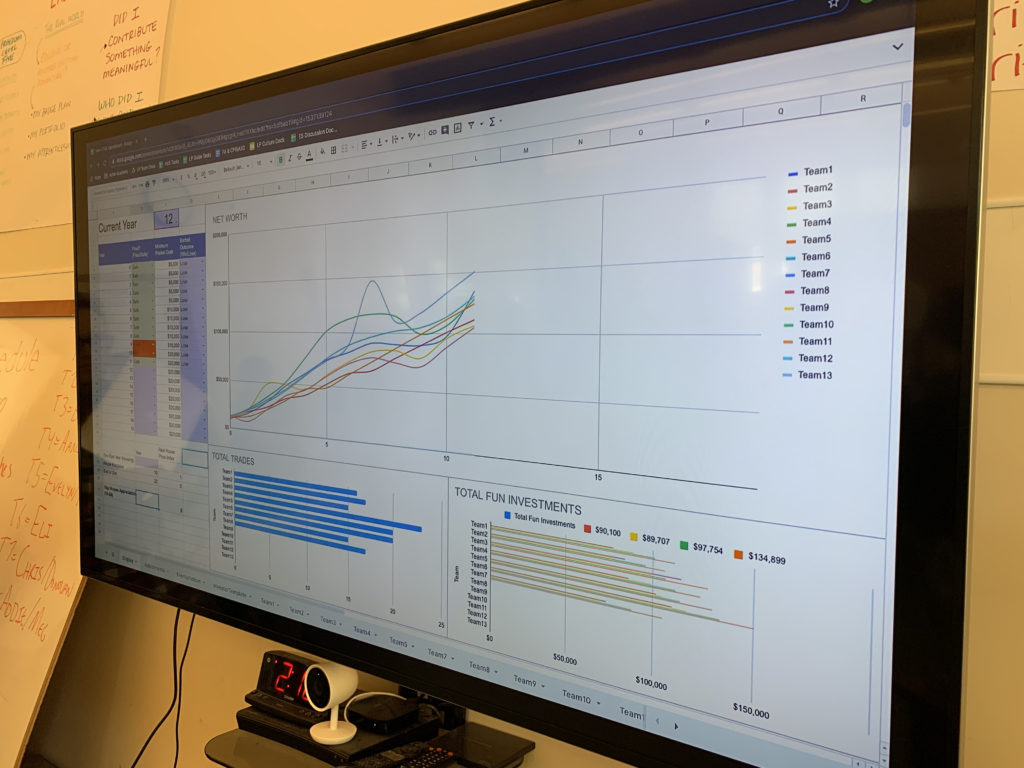
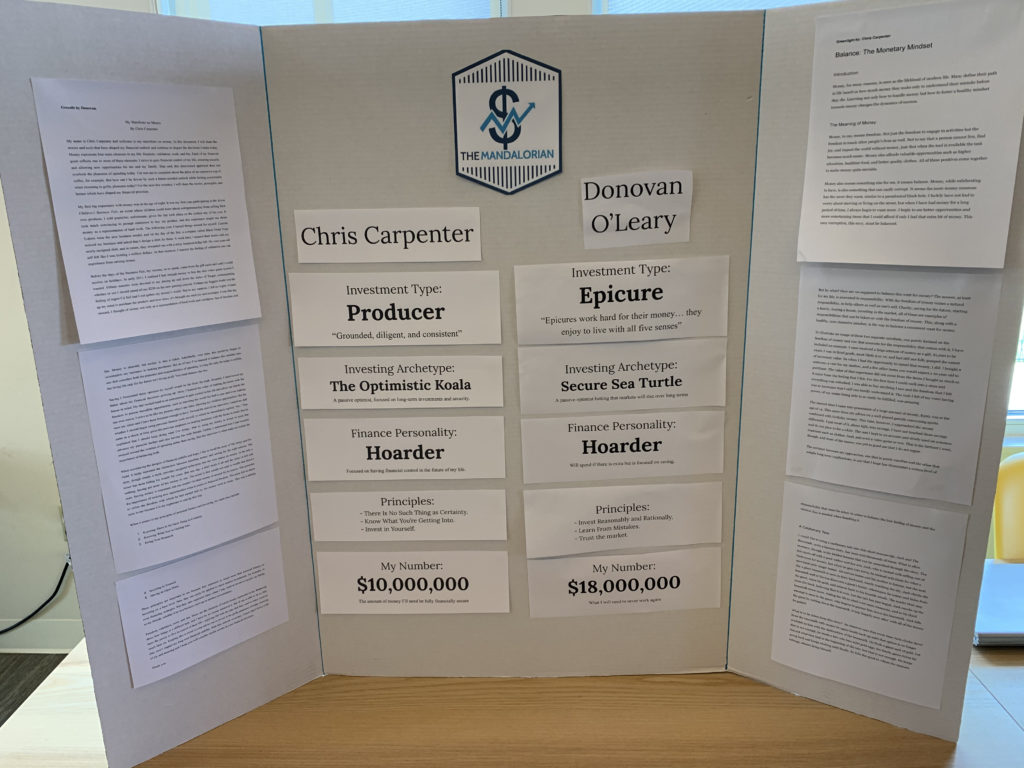
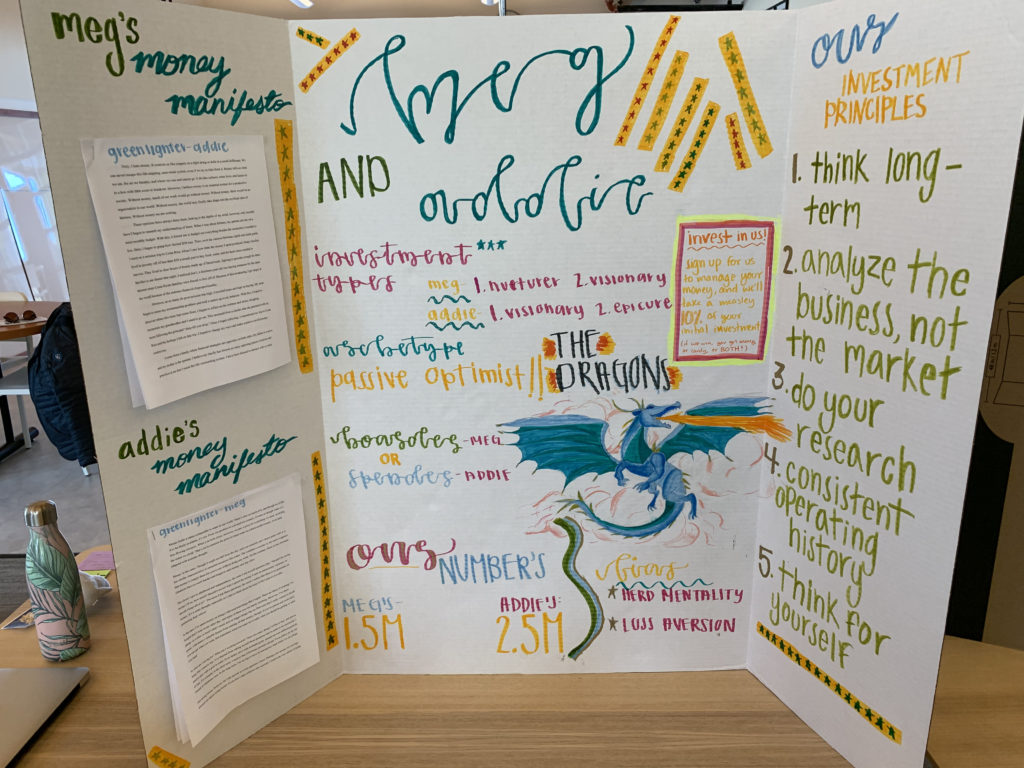
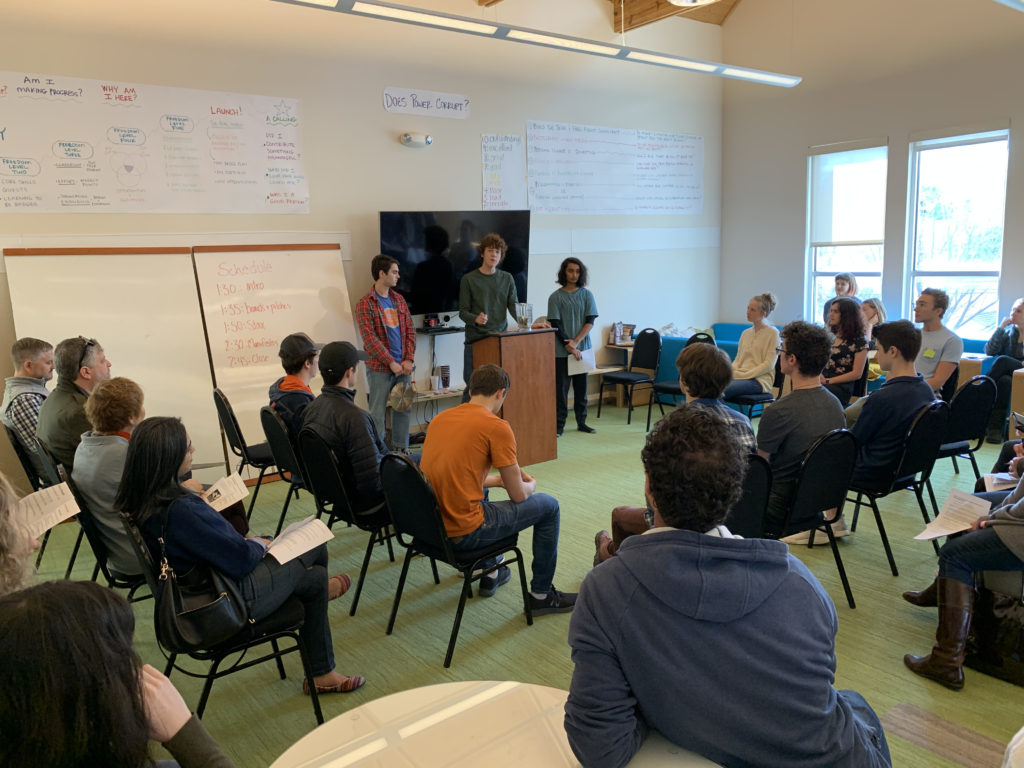
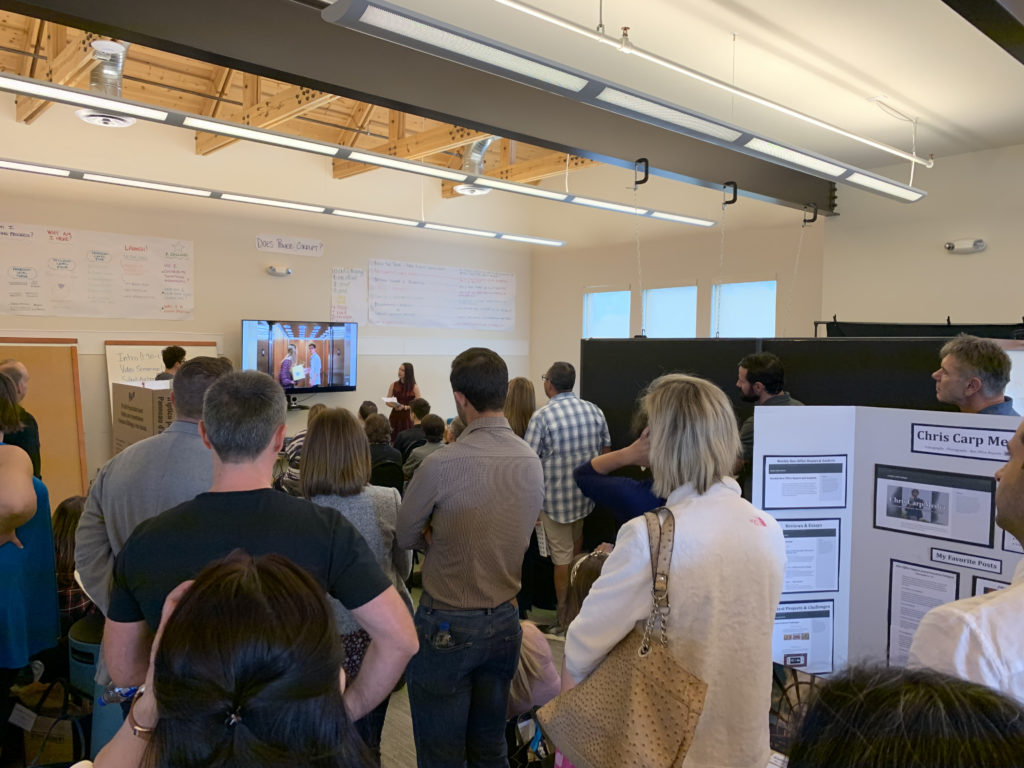
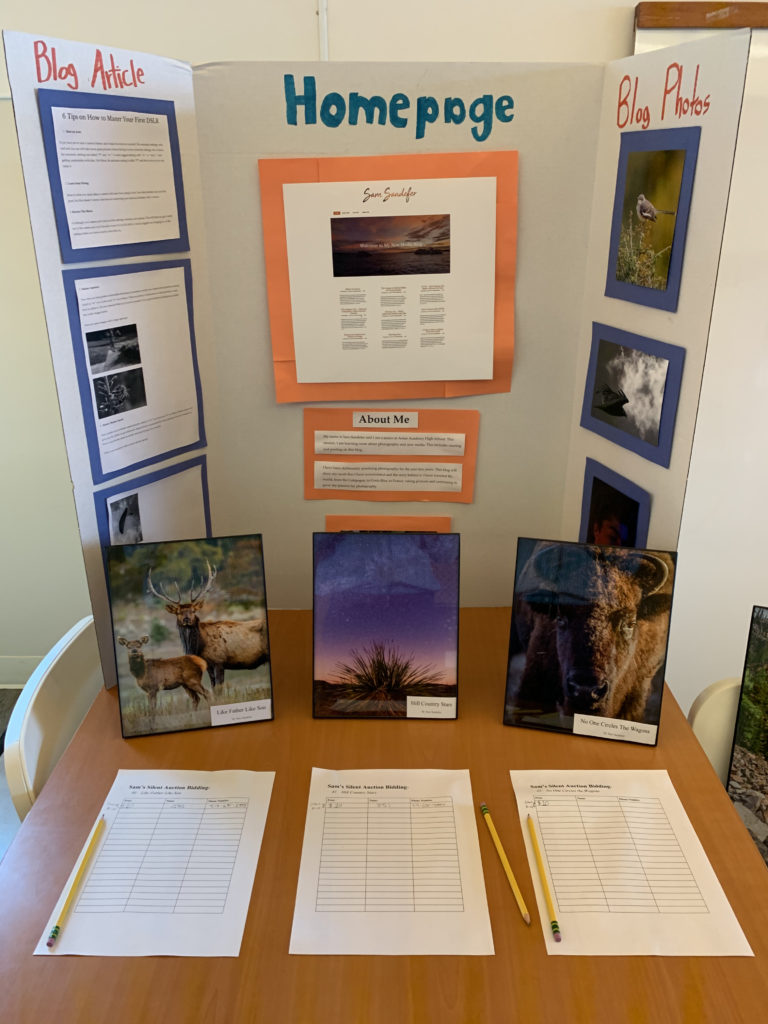
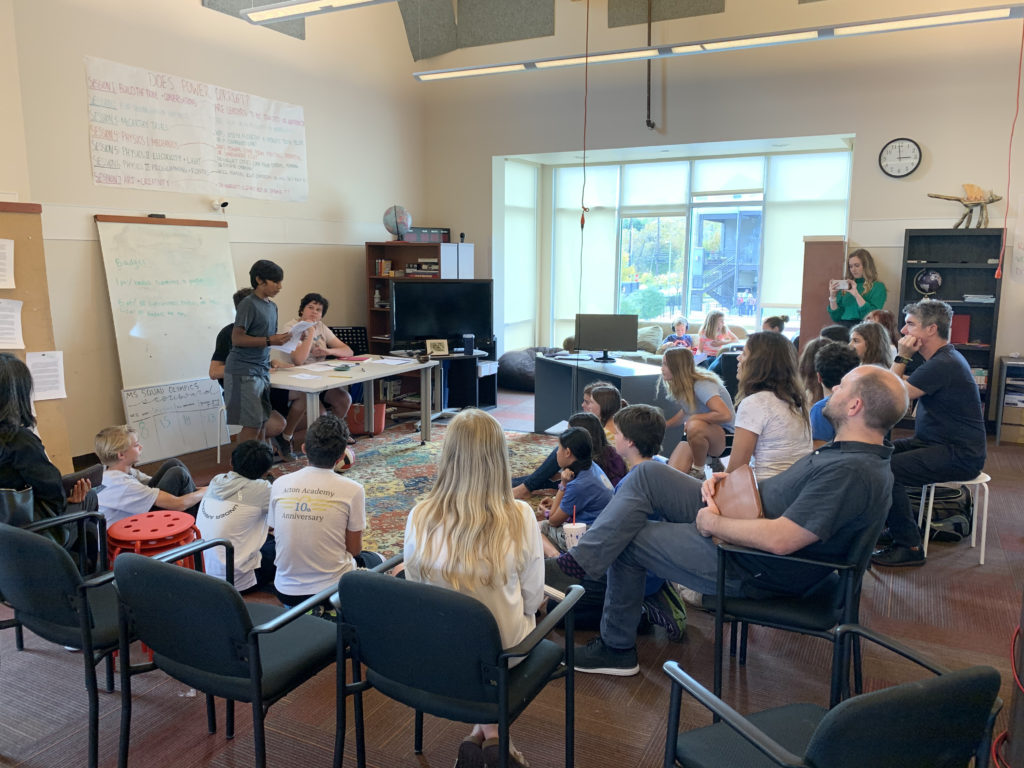
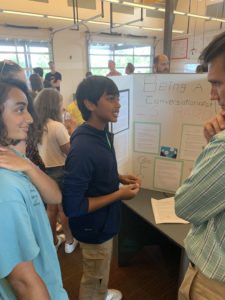
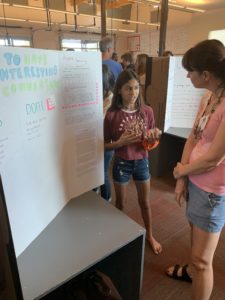
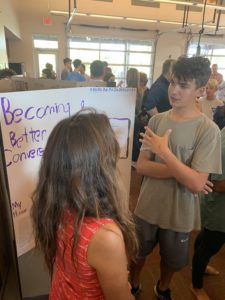
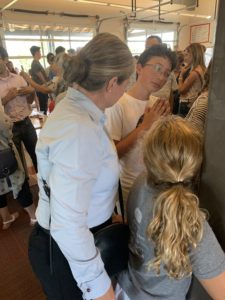

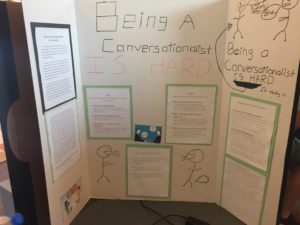
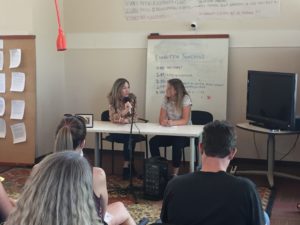
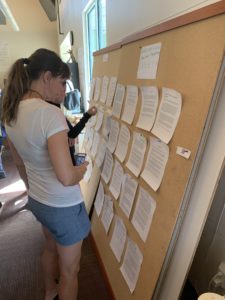
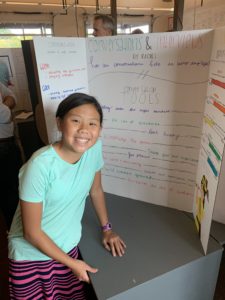
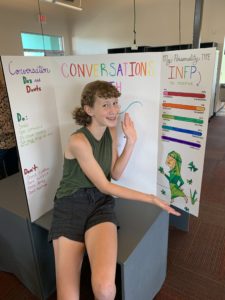

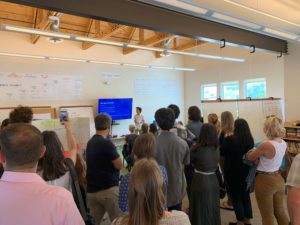
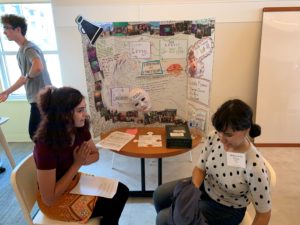
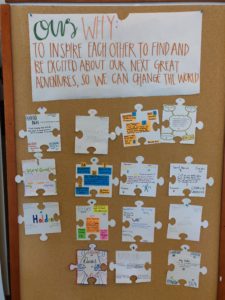
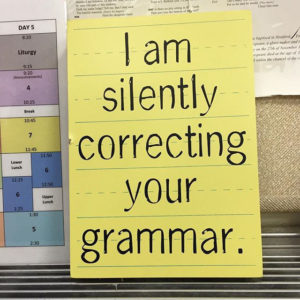

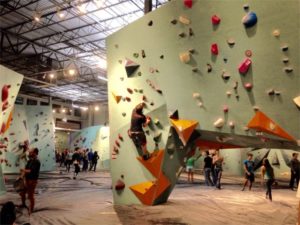
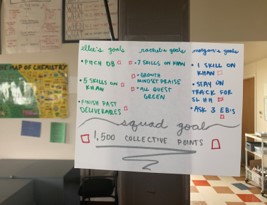
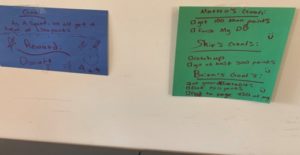
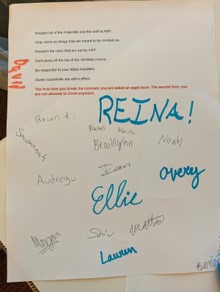
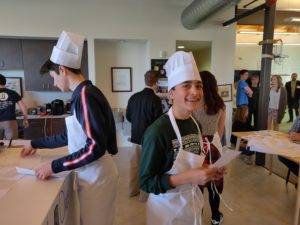
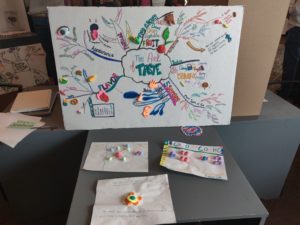
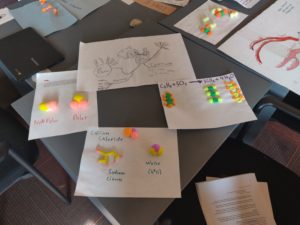
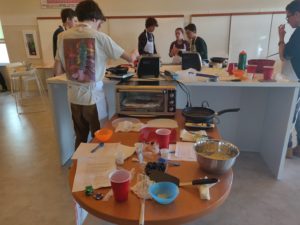
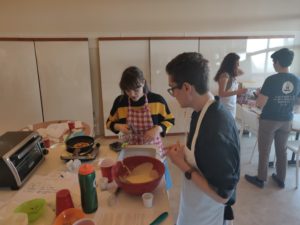
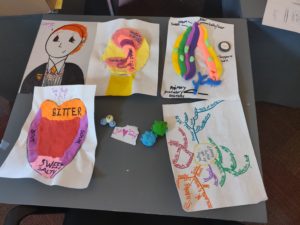
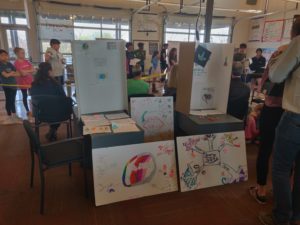
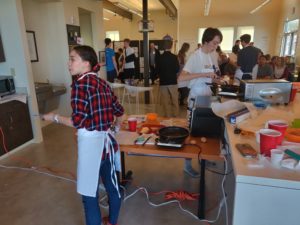
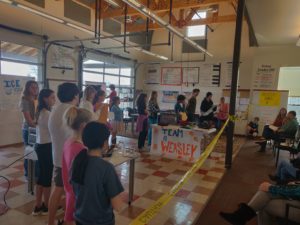
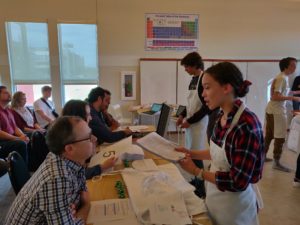
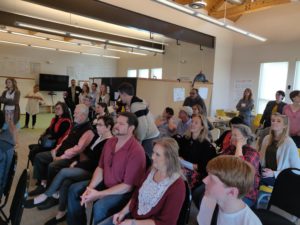
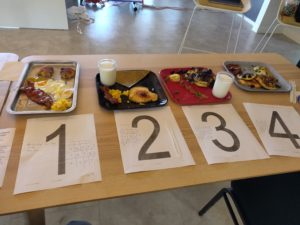
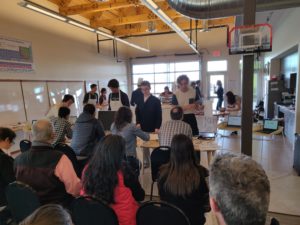




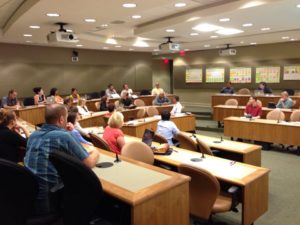
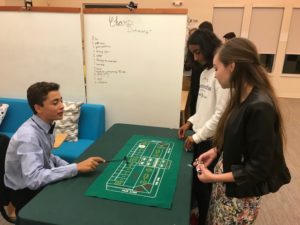
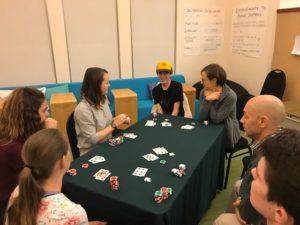
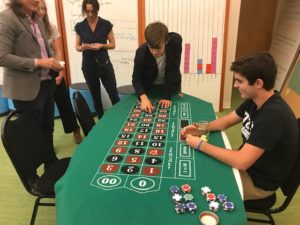
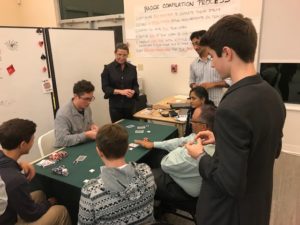
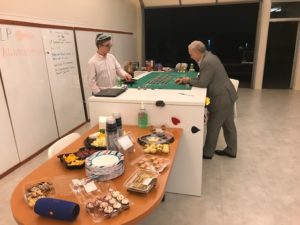
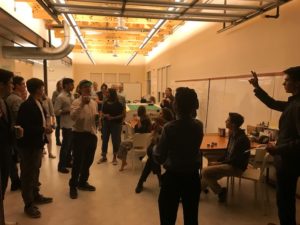
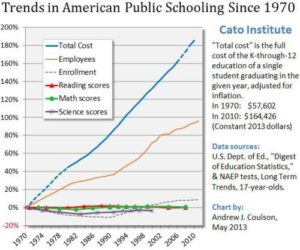

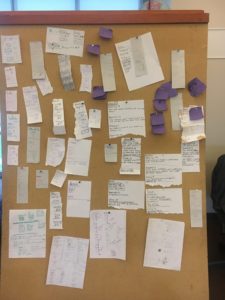
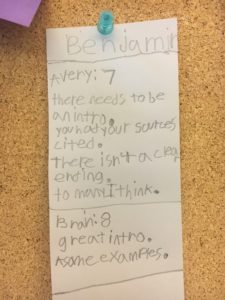
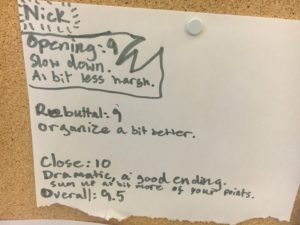
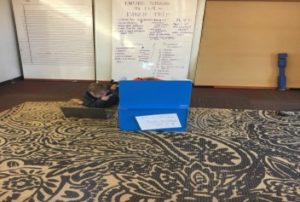
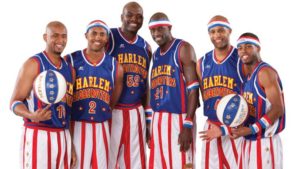
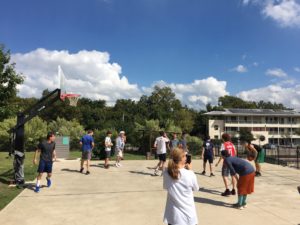

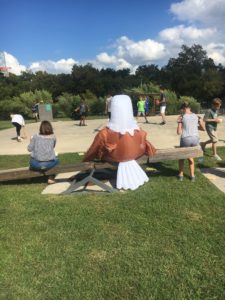

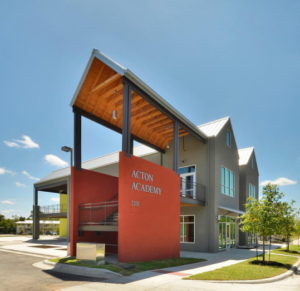

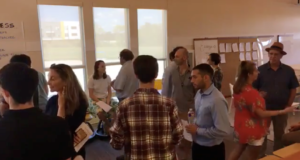

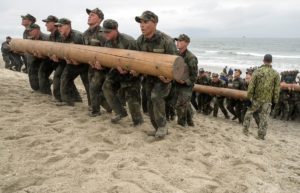
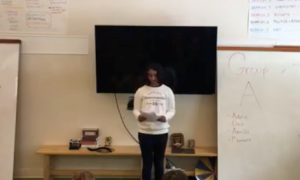
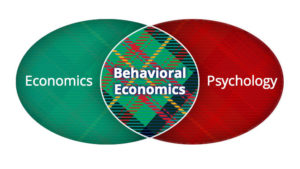
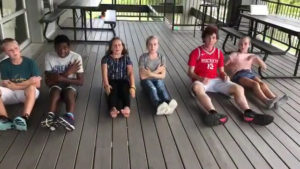
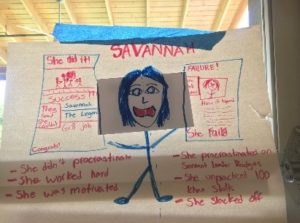
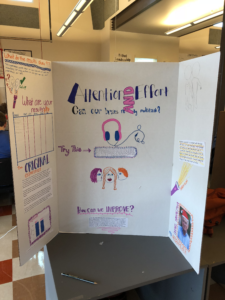

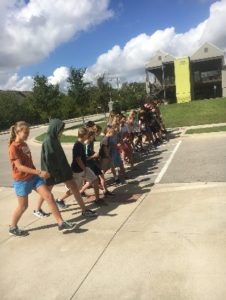
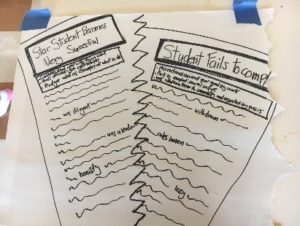
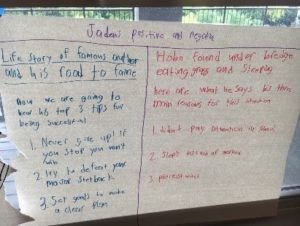
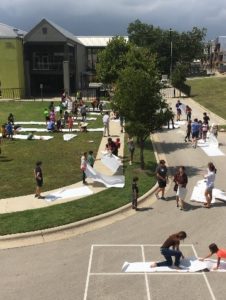
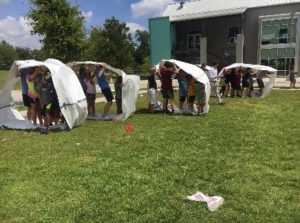
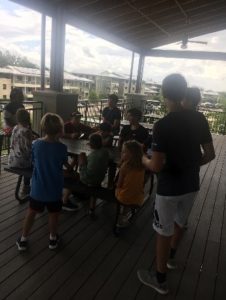

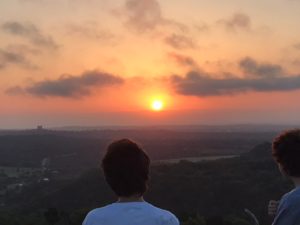
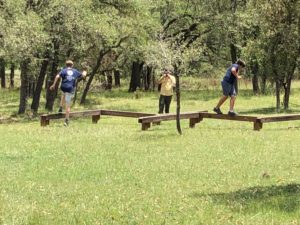
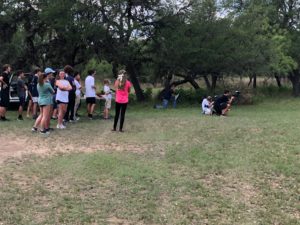
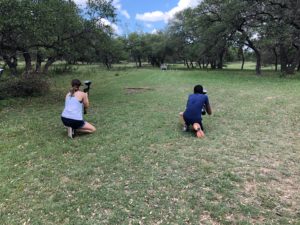
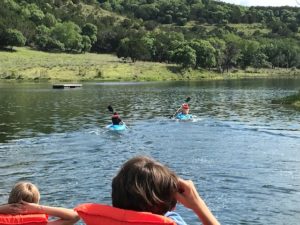
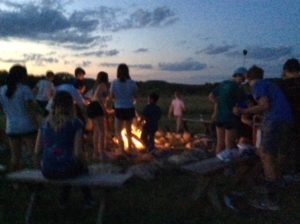



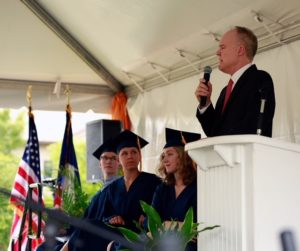
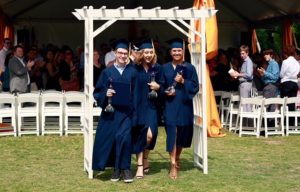

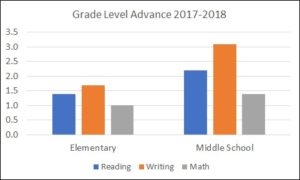
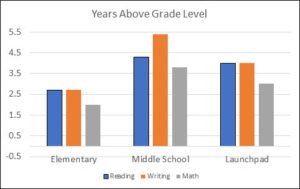
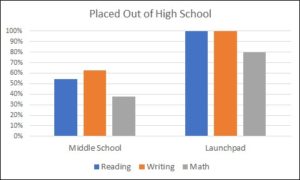







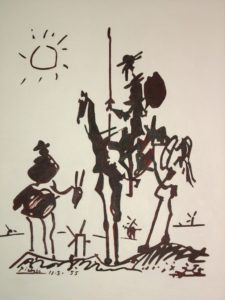
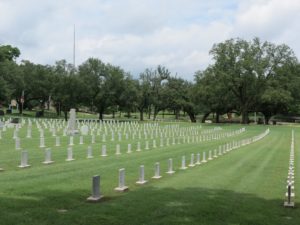
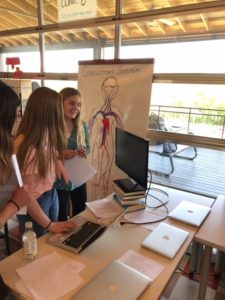
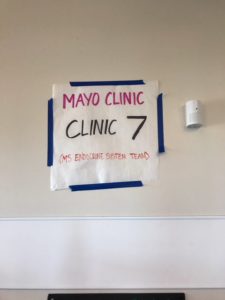
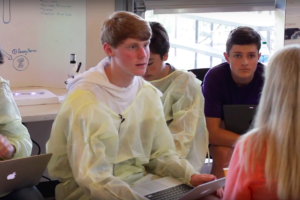
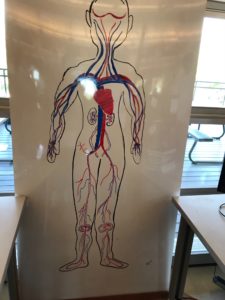
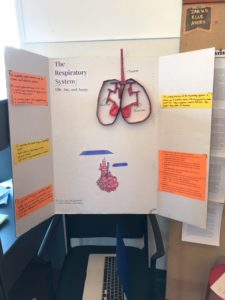
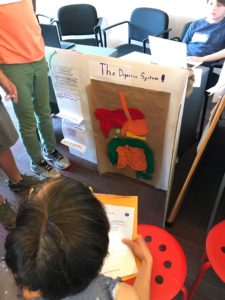
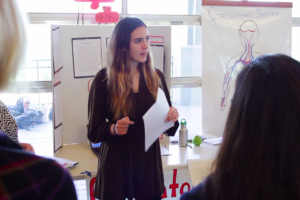
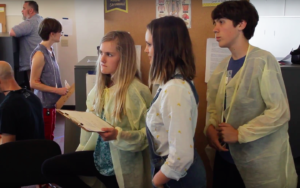
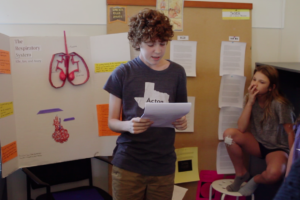
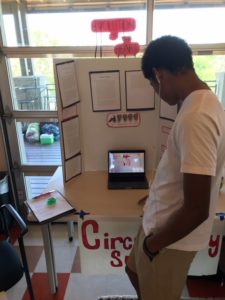
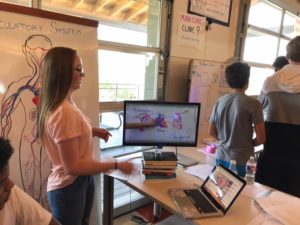
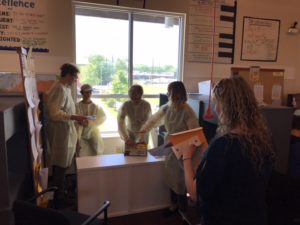
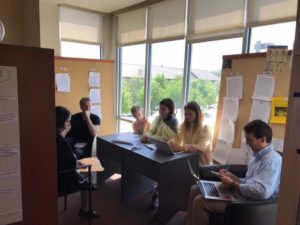
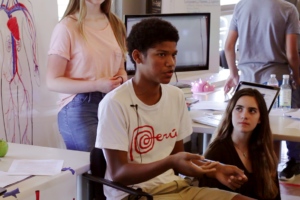
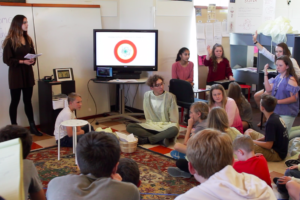
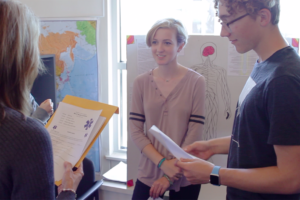

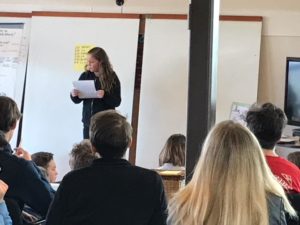

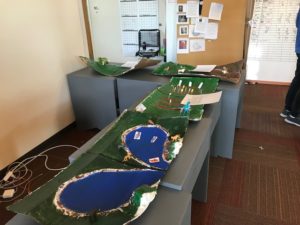
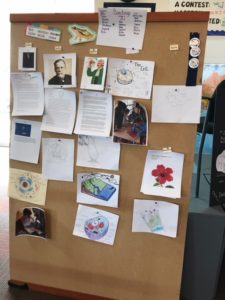
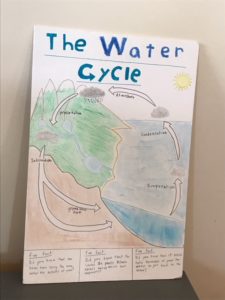
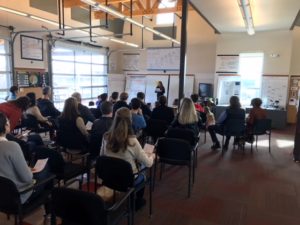
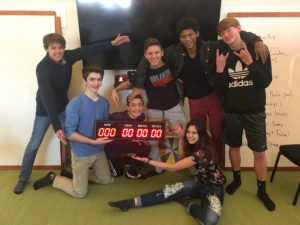

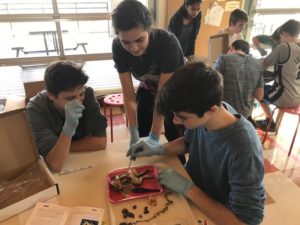
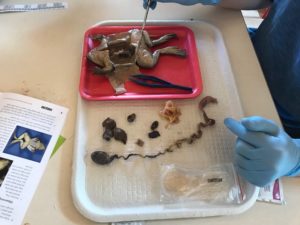
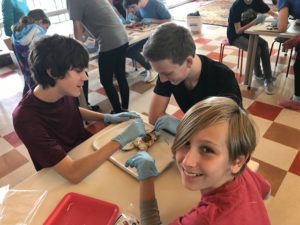
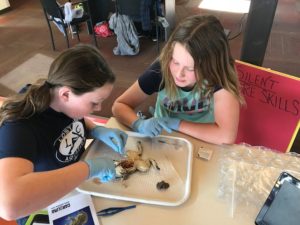

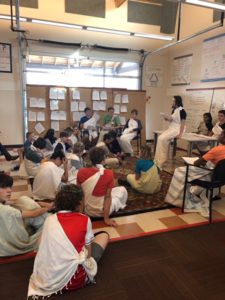
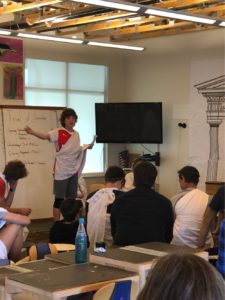
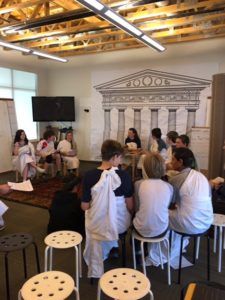



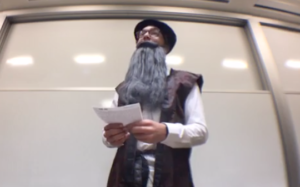
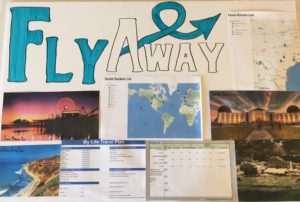
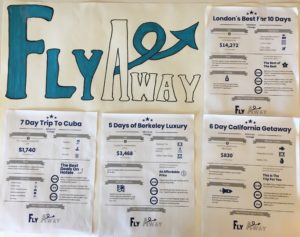









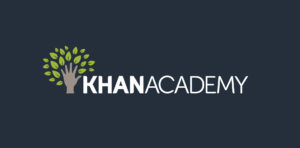



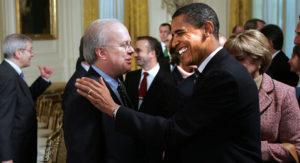
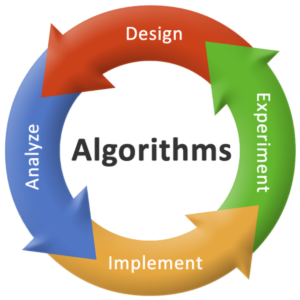
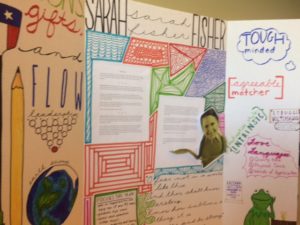
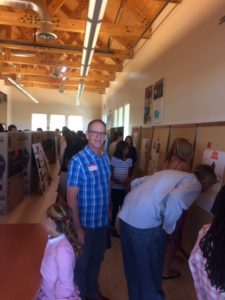
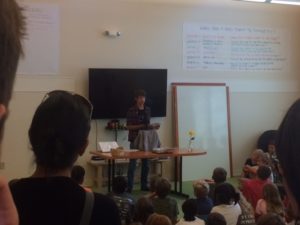
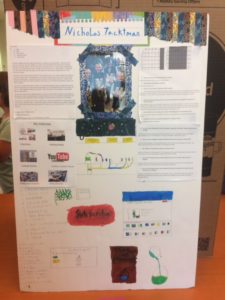


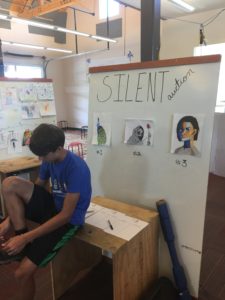

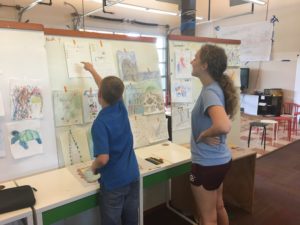
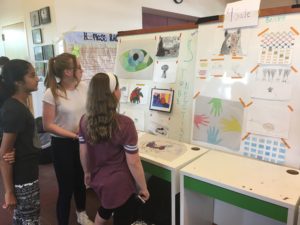

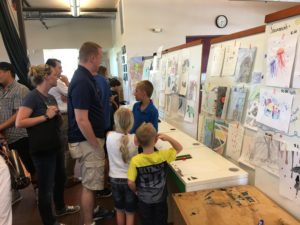





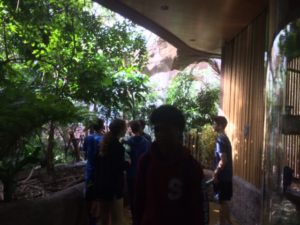


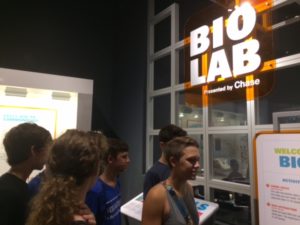
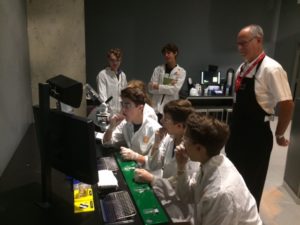


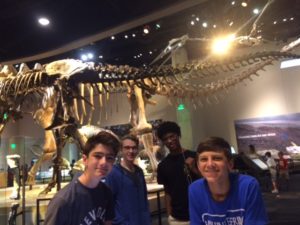
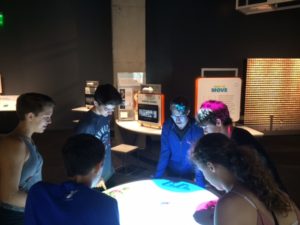
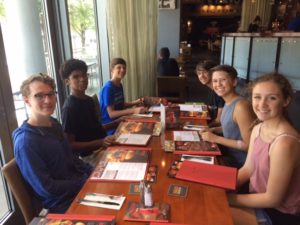
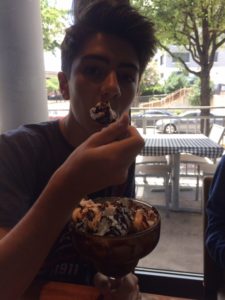

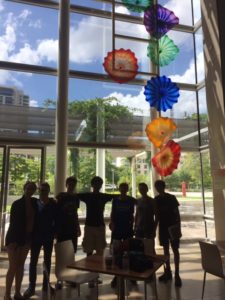
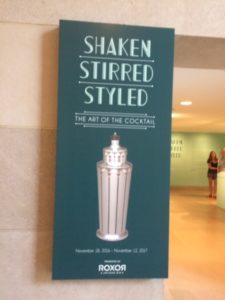
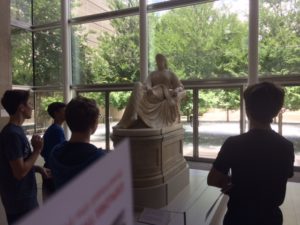

![[ File # csp9662670, License # 3046881 ] Licensed through http://www.canstockphoto.com in accordance with the End User License Agreement (http://www.canstockphoto.com/legal.php) (c) Can Stock Photo Inc. / juliehewittphoto](http://eaglesofacton.com/wp-content/uploads/2017/06/lady-bird-lake-trail-300x201.jpg)

